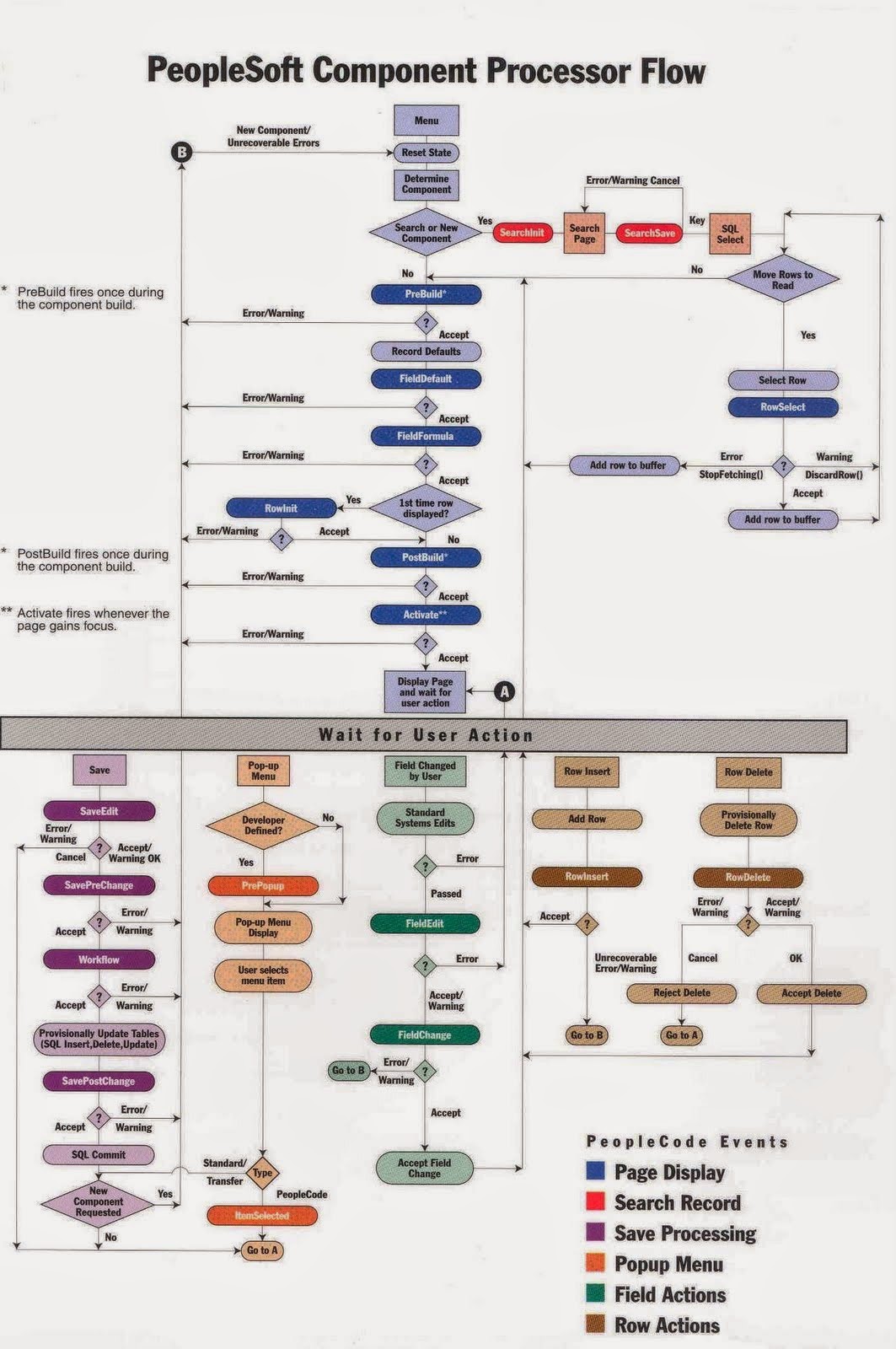Cloud... Basic Understanding
What is the Cloud?
Technically speaking the cloud is hosted storage and computing services hosted over the internet.
There are basically 3 types of cloud: public, private and hybrid.
The Public Cloud, such as provided by Oracle for example, is storage and processing power shared among many customers. It is elastic, meaning customers can expand or reduce the amount of storage and computing power as needed. Typically customers subscribe by paying for what they need on a scheduled basis, much as they do with their utilities such as electricity or water.
The private cloud is typically used when a customer wants the power and benefits of the cloud without sharing the resources with other customers. It is dedicated to just that customer. Private cloud may be hosted in the customers own data center or at a provider’s facility and May still be managed by the cloud vendor. The billing cycle may be similar to public cloud but more expensive due to the dedicated nature and the more granular management provided.
A hybrid cloud is a combination of both but also may include what is called ‘on-premise’ systems. For example, a customer may have an extensive ERP investment such as JD Edwards or PeopleSoft on-premise but may want to begin developing new projects or systems in the cloud that pull some data from on-premise. They could use the public cloud to provide storage and development services for prototyping. The customer may not have the resources of people or money to do so inside their own facility so the elasticity of the cloud allows them to get new projects built and tested quickly and cheaply. In some cases, the application they have built is customer facing and remains in the public cloud, providing sales or services to the public, such as online stores. In other cases the application is designed for internal use and the customer will then implement a private cloud model to host the finished and tested application for full internal use. At this point they could reduce the public cloud footprint and scale up their private cloud.






Comments
Post a Comment